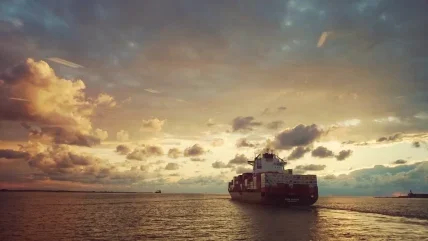
KBR has won engineering contracts to develop two new floating production storage and offloading (FPSO) units for Petrobras’ Atapu and Sepia fields in Brazil’s Santos Basin.
The contracts were granted by Seatrium Group, which in May 2024 secured an S$11bn ($8.48bn) order from Petrobras for the construction and supply of these FPSO platforms, named P-84 and P-85.
Under its sub-contracts, KBR will deliver detailed engineering services and provide technical engineering procurement support for the topsides of the two FPSOs. These platforms are noted for their high production capacities and environmentally sustainable design.
Each unit is expected to produce up to 225,000 barrels of oil per day (bopd) and manage gas processing of 10 million cubic metres per day.
The P-84 and P-85 units are set to feature a range of advanced technologies aimed at improving operational efficiency and reducing environmental impact. These include zero routine flaring and venting, variable speed drives, and technologies for CO2 capture.
Additionally, both FPSOs will adopt an all-electric concept, focused on efficient power generation. This approach is projected to result in a 30% reduction in greenhouse gas emissions intensity compared to conventional designs.
Construction of the P-84 and P-85 FPSOs is scheduled to begin in Q1 2025, with completion and delivery expected by 2029.
The design of these platforms aligns with Petrobras’ strategy of integrating advanced technologies to optimise power generation and minimise environmental impact. Key features, such as zero routine flaring, variable speed drives, and CO2 capture capabilities, are intended to significantly lower greenhouse gas emissions.
KBR sustainable technology solutions president Jay Ibrahim said: “KBR is pleased to support Seatrium in the development of the P-84 and P-85 FPSOs, further strengthening our partnership and shared commitment to deliver engineering excellence and sustainability.
“KBR will ensure that these units are developed with a strong focus on enhancing operational efficiency and sustainability, thereby contributing to the industry’s transition toward a more sustainable future.”
The Atapu consortium, responsible for the development of the Atapu field, includes Petrobras as the operator with a 65.7% stake, Shell holding 16.7%, TotalEnergies with 15%, Petrogal Brasil with 1.7%, and Pré Sal Petróleo with 0.9%.
Meanwhile, the Sepia consortium, overseeing the Sepia field, comprises Petrobras as the operator with a 55.3% stake, TotalEnergies holding 16.9%, Petronas with 12.7%, QatarEnergy with 12.7%, and Petrogal Brasil with 2.4%.






